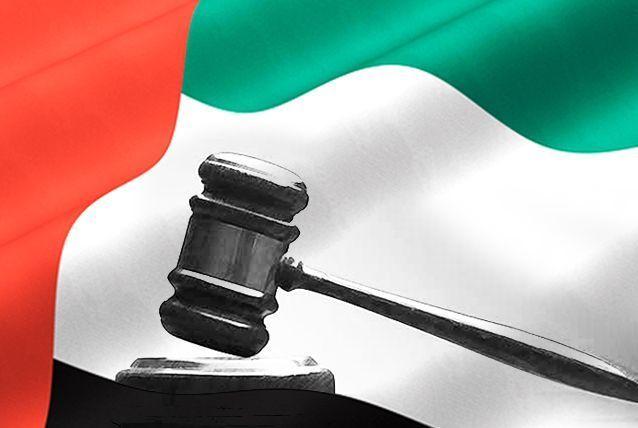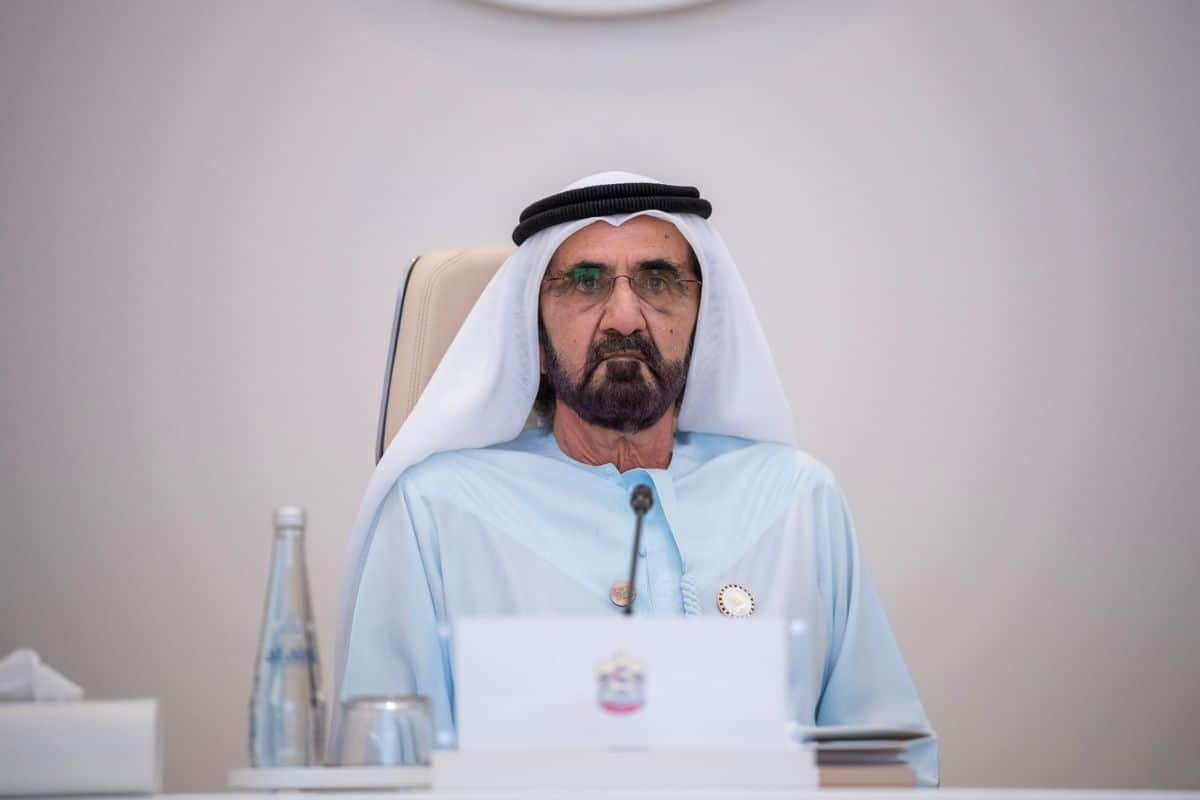In a significant move aimed at strengthening governance and legislative enforcement, His Highness Sheikh Mohammed bin Rashid Al Maktoum, Vice President and Prime Minister of the UAE, and Ruler of Dubai, issued Law No. (19) of 2024. This new law regulates the granting of law enforcement capacities in the emirate of Dubai. The law, which replaces Law No. (8) of 2016, outlines who can be granted law enforcement powers, the responsibilities that come with these powers, and the conditions under which they can be revoked.
The primary goal of the law is to improve the implementation of legislation across public and private sectors in Dubai. It introduces new mechanisms for empowering government employees, private sector workers, and even community members to assist in maintaining law and order. This move reflects Dubai’s commitment to modernizing its approach to governance while promoting greater involvement from its diverse population. The law aims to bolster cooperation between the public and private sectors and improve the management of public facilities.

Scope of the Law
The provisions of the law apply to several categories of individuals:
- Government Employees: This includes employees working for various Dubai government entities who are already responsible for enforcing laws in specific areas.
- Private Sector Employees: Employees of private companies contracted by the government can also be granted law enforcement capacity if they are tasked with managing public facilities.
- Community Members: Perhaps the most significant aspect of the law is the inclusion of community members, both citizens and residents, who may be granted law enforcement capacity. However, this applies only under certain conditions and excludes members of the judiciary and police officers(Government of Dubai Media Office)(GulfNews).
This broad scope of the law is intended to foster a collaborative environment where various stakeholders, including regular citizens, can contribute to maintaining public order. By empowering community members, Dubai is embracing a more inclusive approach to law enforcement.
Requirements for Law Enforcement Capacity
The law sets out specific criteria that individuals must meet to be granted law enforcement capacity. This includes a minimum age requirement of 30 years, although exceptions can be made by senior government officials. Individuals must also demonstrate knowledge and expertise in the areas they are tasked with overseeing. Familiarity with the relevant legislation is crucial for those given the responsibility of enforcing the law.
Additionally, training plays a central role in the new law. Those granted law enforcement capacities must undergo training to ensure they are proficient in using modern technology and other tools required for the role. The emphasis on training ensures that individuals not only understand their responsibilities but also can effectively fulfill them.
Moreover, the law mandates the use of the Arabic language in all investigations and official communications, reinforcing Dubai’s cultural and linguistic heritage.
Revocation and Accountability
To ensure accountability, the law also includes provisions for revoking law enforcement capacity. The capacity may be revoked following a decision by the Chairman of the Supreme Legislative Committee, particularly in cases where an individual is deemed unfit to continue in the role. This helps maintain a high standard of law enforcement while ensuring that the power is not misused.
Impact on Public-Private Partnerships
One of the key aspects of the law is its focus on promoting public-private partnerships. By allowing private sector employees to participate in law enforcement activities, the law strengthens collaboration between the public and private sectors. This is particularly important in Dubai, where private companies play a vital role in managing public infrastructure and facilities.
The law empowers private companies to take a more active role in ensuring that laws are followed within their operations. This creates a more integrated approach to governance, where both public and private entities work together to maintain order and improve the overall management of Dubai’s growing infrastructure.
Conclusion
The introduction of Law No. (19) of 2024 marks a significant step forward in Dubai’s efforts to modernize its governance structure. By granting law enforcement capacities to a broader range of individuals, including government employees, private sector workers, and community members, the law fosters greater collaboration and inclusiveness in maintaining public order.
This new legislation is expected to enhance the efficiency of law enforcement, promote community involvement, and strengthen Dubai’s public-private partnerships. With clear guidelines, mandatory training, and strict criteria for those granted law enforcement capacity, the law sets the stage for a more accountable and well-organized approach to governance in Dubai.
As the law takes effect, its impact will likely be seen in better-managed public facilities and a more robust legal framework to ensure the smooth functioning of both public and private sectors in Dubai.


































![Good Lock Features: Discover the Top Favorites [Exploring Good Lock ②] Unveiling the Most Popular Good Lock Features](https://www.hawkdive.com/media/samsung-mobile-good-lock-home-up-3-most-popular-features_thumb728-218x150.gif)